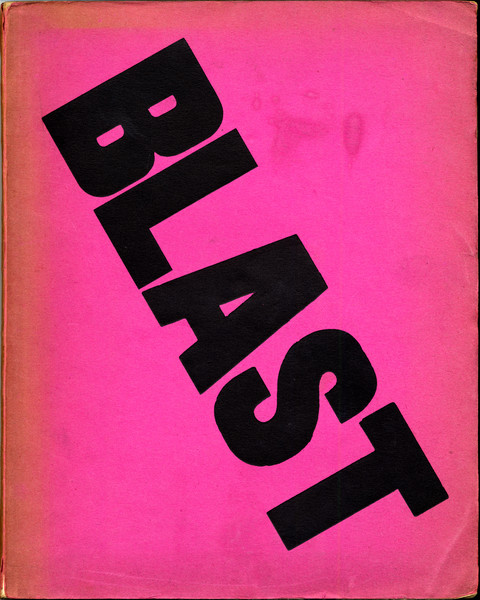Thanks to the fruits of a $270,000 grant from the National Endowment for the Humanities (NEH) the first volume, 12 issues, of the seminal monthly magazine The Masses is now available in its entirety for your digital perusal at the Modernist Journals Project (MJP)
Founded in 1911 The Masses was an illustrated socialist monthly that would soon become the premier journal of Greenwich Village and the burgeoning bohemian art community in New York City. Contributors included Carl Sandburg, Amy Lowell, John Reed Jack London, Upton Sinclair, and Sherwood Anderson among many others.
Here is editor Max Eastman’s “manifesto” that appeared in the first issue:
A Free Magazine — This magazine is owned and published cooperatively by its editors. It has no dividends to pay, and nobody is trying to make money out of it. A revolutionary and not a reform magazine; a magazine with a sense of humour and no respect for the respectable; frank; arrogant; impertinent; searching for true causes; a magazine directed against rigidity and dogma wherever it is found; printing what is too naked or true for a money-making press; a magazine whose final policy is to do as it pleases and conciliate nobody, not even its readers — There is a field for this publication in America. Help us to find it.
The fun didn’t last too long. In August of 1917 the government put the kibosh on The Masses by invoking the Espionage Act of 1917 for its criticism of the U.S.’s involvement in World War One. The penalty? The publishers were barred from using the U.S. Mail. Game Over.
This is just the tip of the iceberg at MJP, whose mission is to “produce digital editions of culturally significant magazines from around the early 20th century and make them freely available to the public on our website”
In addition the digitizing The Masses the NEH grant will allow MJP to “digitize substantial runs” of four other American journals: McClure’s (1901-1910), The Smart Set (1913-1922), Camera Work (1903-1917), and The Seven Arts (1916-1917).
Blast. Founded by Wyndham Lewis with the assistance of Ezra Pound, it ran for just two issues, published in 1914 and 1915.
The Freewoman, 1911 — 1912. Established by Dora Marsden as “A Weekly Feminist Review” that would move beyond the vote to address such controversial issues as the economics and morality of sex.
h/t @don share





